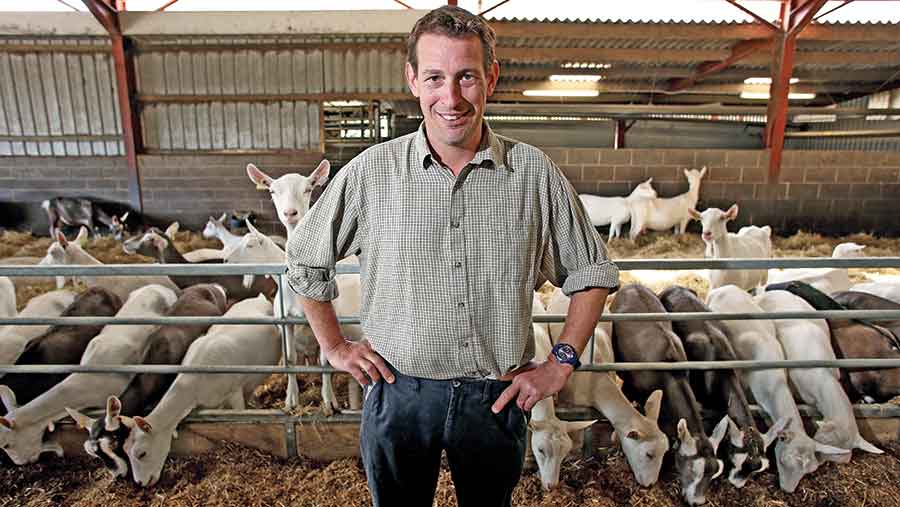Farmer Focus: Welsh BPS payment target looks fanciful
 © Richard Stanton
© Richard Stanton It hasn’t been a very happy new year for many flood-hit farmers in the North and our thoughts are with them.
Having stupidly written last month that the outwintered cattle were doing well, I have had to concede defeat and rent a neighbour’s shed to move them inside.
We managed to keep them out even in the wet winter of 2012-13, but not this time.
I don’t know of any Monmouthshire NFU members who have had their BPS payment yet – or at least any that are willing to admit to having had it.
In my opinion, the Welsh government’s target of paying the bulk of farmers in December – with the vast majority receiving it by the end of January – looks to be fanciful to say the least.
NFU office staff say there are a lot of penalties for tree canopies that haven’t been mapped to Rural Payments Wales’ (RPW) satisfaction, causing delays to payments. This is despite the forms being returned in early May.
See also: Fencing repairs and flat-rate payment fears
We have scanned the spring-kidding goats with a rate of 178%, empty low-yielding nannies are being culled and the first batch of in kid nannies dried off.
We don’t use drying-off tubes as goat teat canals are too small for tubes, and mastitis is less of a problem than with cows. However, when goats do get mastitis, it quickly leads to “black bag” gangrenous mastitis, unless it is spotted and treated early.
Cull goats mainly go direct to a local abattoir for the ethnic market for £2.50/kg deadweight. In the past, unwanted billy goat kids have been an issue for the dairy goat industry. It has also attracted unwanted attention from animal rights activists and concern from supermarket buyers of goat’s cheese.
In 2015 we were able to sell all of the male kids to be reared for meat, although at little or no profit. Unfortunately we do not have the space and time to rear them ourselves, or the time to develop the market.
I would like to take the opportunity to wish all my fellow farmers and other readers a happy and prosperous 2016.
Gary and Jess Yeomans run a herd of 700 milking goats across 100ha, which supplies a local cheese factory. They also own a small pedigree Welsh Black suckler herd to graze permanent pasture.
